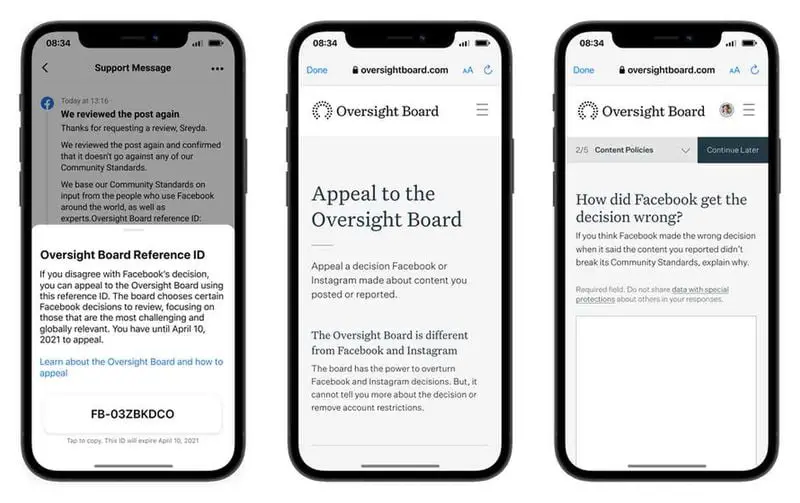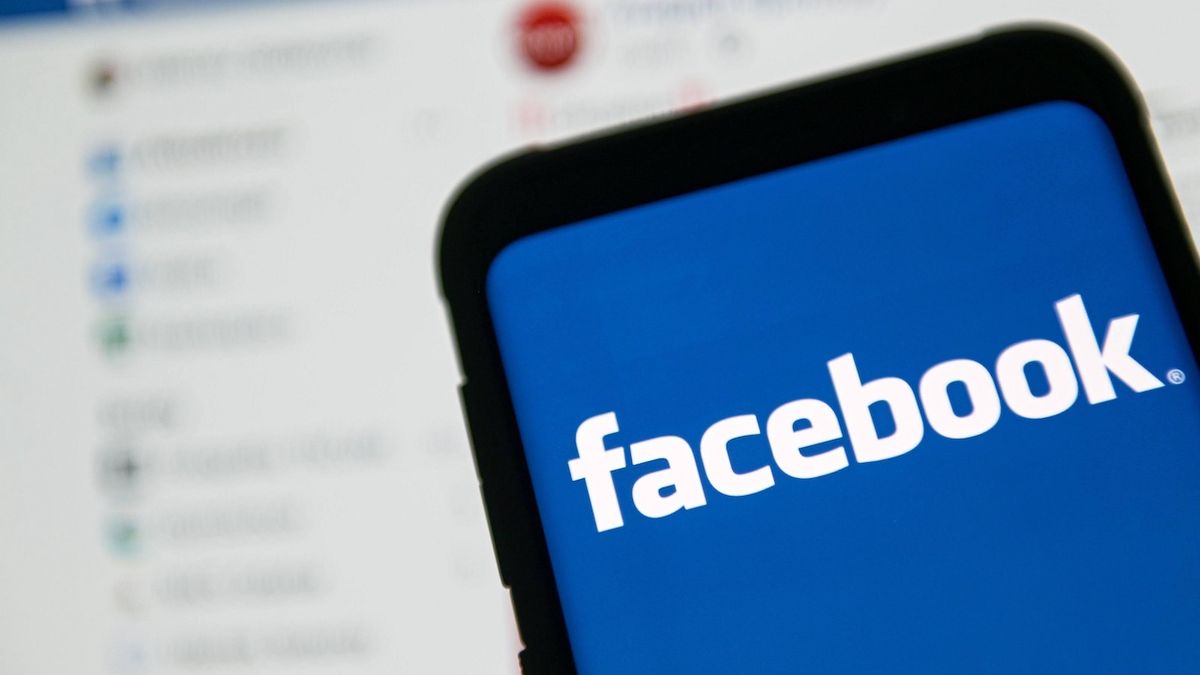The Facebook Oversight Board is the highest appeals body that the social networking platform launched in October last year, as the last way available to Facebook and Instagram users to appeal content moderation decisions that have been carried out, having exhausted all previous avenues available to them.
Until now, users had only the possibility of appealing to this body to appeal decisions to remove their content that they considered being unacceptable, seeking the definitive reinstatement of the content.
But from now on, users will also be able to start appealing for the removal of contents published by third parties that, after exhausting previous content moderation processes, have remained available and are under the conviction that they should be removed wherever they are published.
In this sense, the content covered by the Oversight Board continues to be posts or status updates, photos, videos, comments, and even what has been shared by other users within the platform.

Facebook notes that this expansion of Oversight capabilities will gradually (in waves) reach all Facebook and Instagram users over the next few weeks.
Still, it should be noted that this body only chooses very specific cases, so there is no guarantee that the appeals made by users will go to the desired end.
In this regard, there is the possibility that several users can appeal on the same content justifying different reasons, so in Facebook, they have structured the process to make it possible, to the point that if the Board ignores a user on content, it can attend the appeal of another user on the same.
In this regard, Facebook notes that:
“Even if the board decides not to hear a case about a particular piece of content, other users can still appeal to that same content, so their voice can be heard on the matter.”
Also, if the board takes up a case, other users will be able to send statements to the board, until the board begins deliberations. To respect the privacy of whistleblowers, Facebook notes that the board will only include identifying details of the whistleblower in the explanation only if the whistleblower has given express permission to do so.
For Facebook, the Oversight Board’s work is already having a significant impact in terms of enforcement of content policies and practices, for which they are working to expand the types of content that users will be able to appeal in the future.





